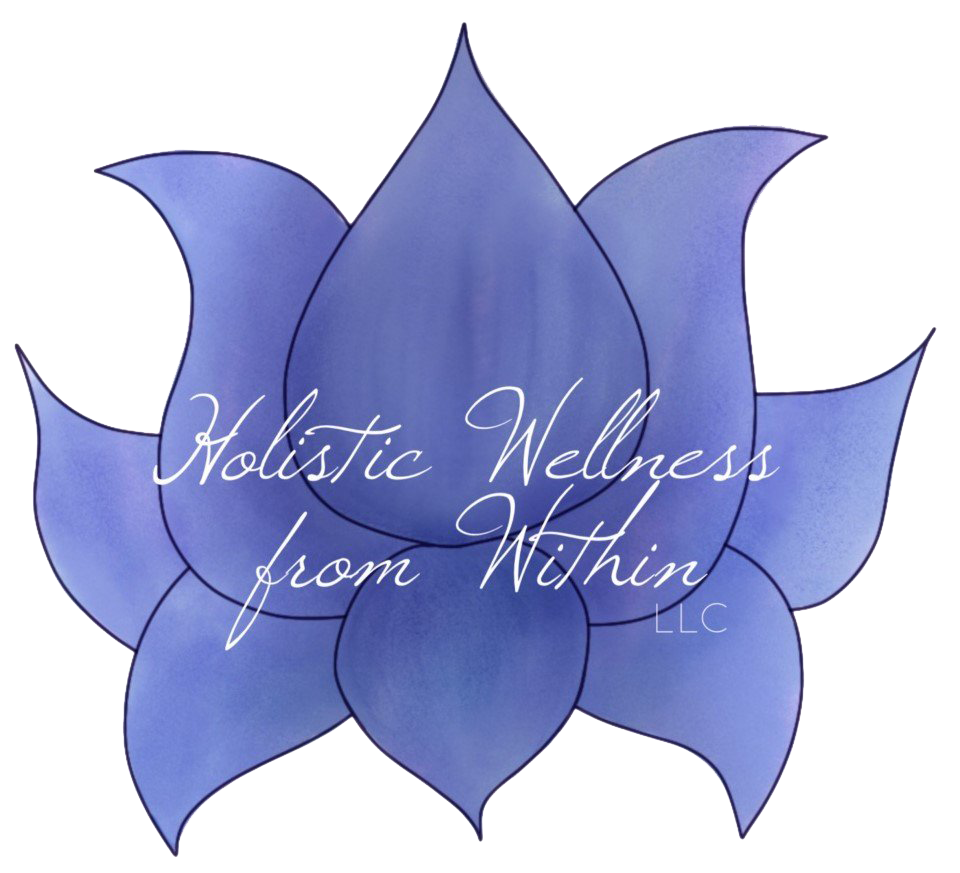Nonalcoholic Fatty Liver Disease and Your Diet
Choline deficiency appears to be responsible for a rise in nonalcoholic fatty liver disease (NAFLD) which has become prevalent in 30% to 40% of all people in the US.
Choline, which moves fat out of the liver, is estimated to be deficient in 90% of the population. If choline is deficient, one may develop NAFLD even when eating healthy saturated fats.
Choline in responsible for:
Brain development
Healthy vision
In pregnant women, choline deficiency may result in a risk of premature birth, as well as low birth weight and preeclampsia.
Supporting a healthy nervous system
Fat transportation and metabolism
Healthy mitochondrial function
Adequate intake of choline can reduce these risks:
Decreased risk of heart disease
24% decreased risk of breast cancer
Controls NAFLD by enhancing the secretion of very low-density lipoprotein particles in the liver
Chris Masterjohn, who has a PH.D in nutritional science, believes that choline deficiency appears to be far more of a significant trigger of NAFLD than excess fructose. He believes the rise in NAFLD is largely due to the results of shunning liver and egg yolks.
Chris Masterjohn says “More specifically, I currently believe that dietary fat, whether saturated or unsaturated and anything that the liver likes to turn to fat, like fructose and ethanol, will promote the accumulation of fast as long as we don’t get enough choline. Once that fat accumulates, the critical factor igniting an inflammatory fire to this fat is the consumption of too much PUFA (polyunsaturated fat from vegetable oils).”
High Saturated Fat Intake Increases Your Choline Requirement
The more dietary fat you consume, the more the liver needs to rid itself of excess, and therefore the more choline you need to add to your diet.
According to Chris Masterjohn, “choline requirement is about 30% higher on a 30% butter diet than on a 30% corn oil diet. Corn oil probably promotes inflammation both by increasing vulnerability to lip peroxidation because of its total PUFA and by decreasing tissue levels of DHA because of high omega-6 to omega-3 ratio.”
Since butter is recommended, while corn oil is not, adjusting choline intake with a proper diet is essential.
Healthy Choline Sources:
Eggs – a single hardboiled egg can contain anywhere between 113 mg to 225 mg. This constitutes 25% of your daily requirement. Eggs should be pasture-raised and if possible, soy-free and grain-free. While these types of eggs are often not available in the supermarkets, they can be purchased from local farmers who follow good farmer practices. Also, lecithin, which converts to choline, and the choline itself is found in the egg yolks. Avoid eating just the egg whites. Most of the nutrients are in the yolks!
Grass fed beef liver - contains approximately 430 mg of choline in a 100-gram serving. Liver is the only food that beats the egg (no pun intended) in choline content.
Wild caught Alaskan Salmon – (must be tested for heavy metal content to be safe for consumption).
Organic Pastured chicken
Vegetables – broccoli, cauliflower, and asparagus
Shiitake mushroom
How much Choline is enough?
There is no dietary established reference for choline intake but the Institute of Medicine has recommended an “adequate daily intake” value of 425 mg per day for women, 550 mg for men, and 250 mg for children.
This average intake guidelines may help prevent a choline deficiency and potential organ and muscle damage. However, requirements may vary depending on your overall diet, age, ethnicity, and genetic makeup. Pregnant women, athletes, postmenopausal women, and others may need more.
Working with a proper Mineral Balancing program can help balance your body and personalize your diet to assure you are getting the right amount of nutrients, including choline.
The entire contents of this website/article are based upon the opinions of Doreen McCafferty NLC, unless otherwise noted. Individual articles are based upon the opinions of the respective author, who retains copyright as marked. It is intended as a sharing of knowledge and information from the research and experience of Doreen McCafferty, NLC and her community. Doreen McCafferty encourages you to make your own health care decisions based upon your research and in partnership with a qualified health care professional. If you are pregnant, nursing, taking medication, or have a medical condition, consult your health care professional before using products based on this content. All information in this article is for educational purposes only and not designed to replace a one-on-one relationship with a qualified health care professional and is not intended as medical advice. 